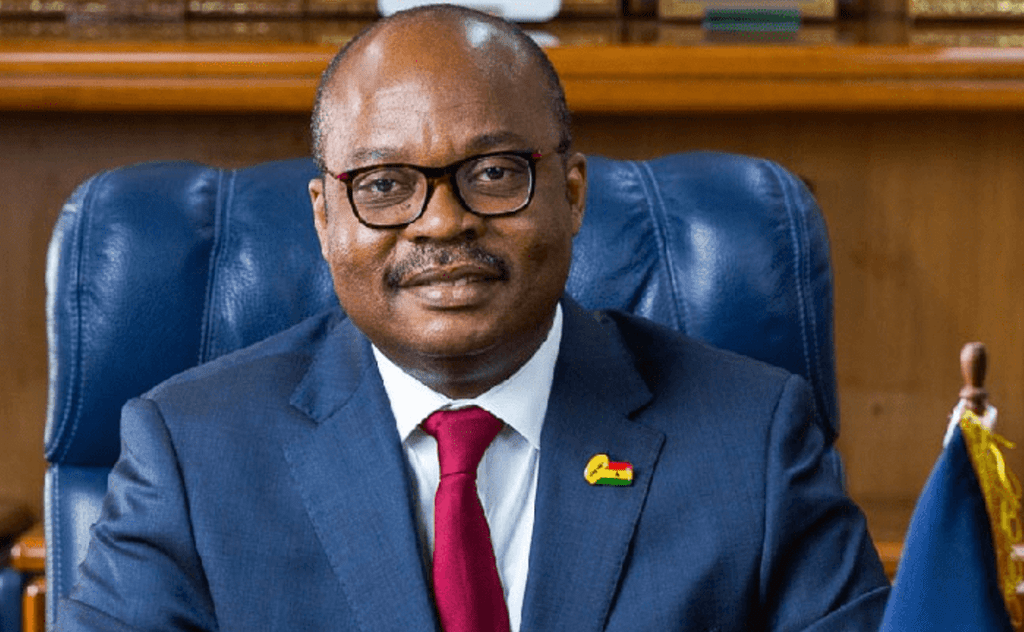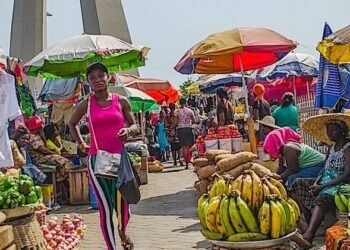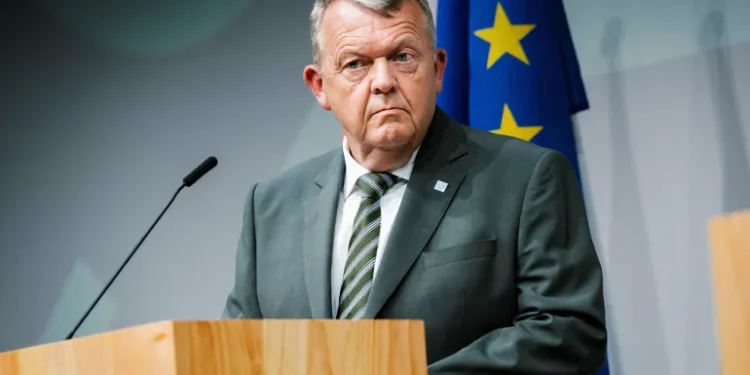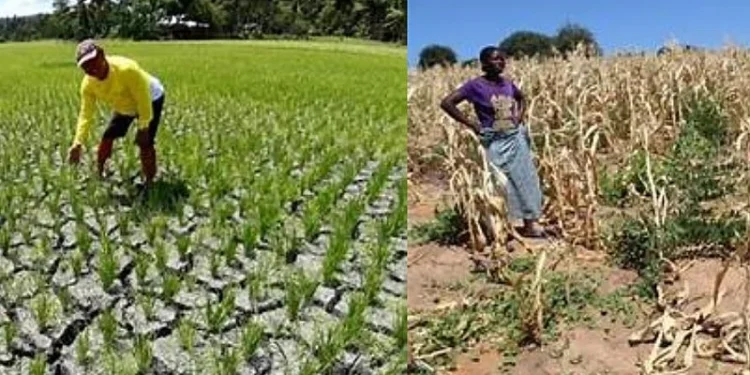The Monetary Policy Committee (MPC) of the Bank of Ghana (BoG) has raised the policy rate by 300 basis points to 22% and rolled out additional measures to tame inflation as well as to strengthen the local currency.
The Committee’s decision was based on the increase in inflation in the month of July and heightened pressures in the foreign exchange market.
The Monetary Policy Committee took this decision in an extraordinary meeting held on Wednesday, August 17, 2022 to review recent developments in the economy and to assess risks to the outlook.
“Whilst addressing the immediate financing problems, the ongoing policy discussions with the IMF are expected to address the underlying macroeconomic challenges, restore fiscal and debt sustainability, and provide sustainable balance of payments cushion. Under the circumstances, and considering the risks to the inflation outlook, the Committee decided on a 300 basis points increase in the Monetary Policy Rate to 22 percent”.
Bank of Ghana
The latest consumer price index release showed that the headline inflation accelerated further for the eleventh consecutive month to 31.7 percent in July 2022, from 29.8 percent in June 2022. This was driven by both food and non- food price pressures.
Food inflation rose to 32.3 percent in July 2022 from 30.7 percent in June 2022. Similarly, non-food inflation increased to 31.3 percent from 29.1 percent in June 2022, contributing 55 percent to the rise in headline inflation in July 2022.
The above developments have translated into relatively strong underlying inflationary pressures. The Bank’s core measure of inflation, defined to exclude energy and utility indices, increased to 30.2 percent in July 2022 from 28.4 percent in June.
On month-on-month basis, headline inflation rose by 3.1 percent in July 2022 compared with 3.0 percent in June 2022. The increase in monthly inflation was underpinned by increases of 3.3 percent and 3.0 percent in food and non-food inflation respectively.
Developments in foreign exchange market
Recent developments in the foreign exchange market showed elevated demand pressures, reflecting among others, continued heightening of uncertainties in the global economy, rising inflation in many advanced economies and the resultant coordinated tightening of monetary policy stance by major central banks.

This has further tightened global financing conditions with significant implications for Emerging Markets and Developing Economies (EMDEs), especially for those with weak fundamentals.
The US Dollar has strengthened against all major currencies. The Bank of Ghana stated that from the beginning of the year to date, the pound sterling has weakened against the US dollar by 12.4 percent while the Euro has also weakened by 11.8 percent.
According to BoG, countries similar to Ghana (Ghana’s peers) are all experiencing sharp depreciation to date. It noted that the Ghana Cedi has depreciated by 25.5 percent year-to-date, reflecting “the Ghana- specific situation”.
This, BoG indicated, included the challenging financing of the budget from both domestic and external sources, downgrading of soverign credit rating, non- residents’ disinvestment in local currency bonds, and loss of reserve buffers.
The Bank of Ghana indicated that execution of the budget for the year remains challenging because revenue has not kept pace with projections which created financing challenges.
“In the absence of access to the international capital market and given the constrained domestic financing, central bank overdraft has helped to close the financing gap as reflected in the mid-year budget review. The Bank of Ghana is working with the Ministry of Finance to agree on a cap on the overdraft”.
Bank of Ghana
Additional Measures
One of the additional measures taken by the Committee was to raise the primary reserve requirement of banks from 12 percent to 15 percent. This will be implemented in a phased manner: 13 percent from 1st September, 2022; 14 percent by 1st October, 2022; and 15 percent by 1st November, 2022.
To boost the supply of foreign exchange to the economy, the Bank of Ghana disclosed that it is working collaboratively with the mining firms, international oil companies, and their bankers to purchase all foreign exchange arising from the voluntary repatriation of export proceeds from mining, and oil and gas companies. This, according to BoG, will strengthen the central bank’s foreign exchange auctions.
READ ALSO: Ghana Begins Study into Smart Organic Fertilizers























